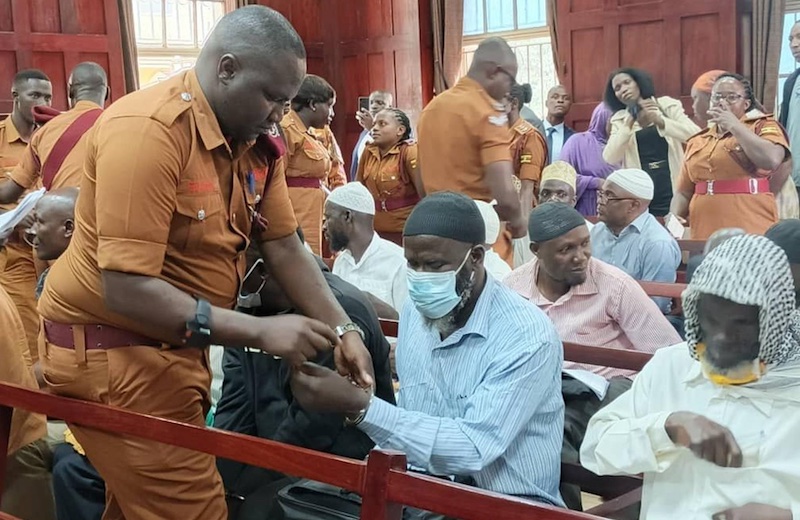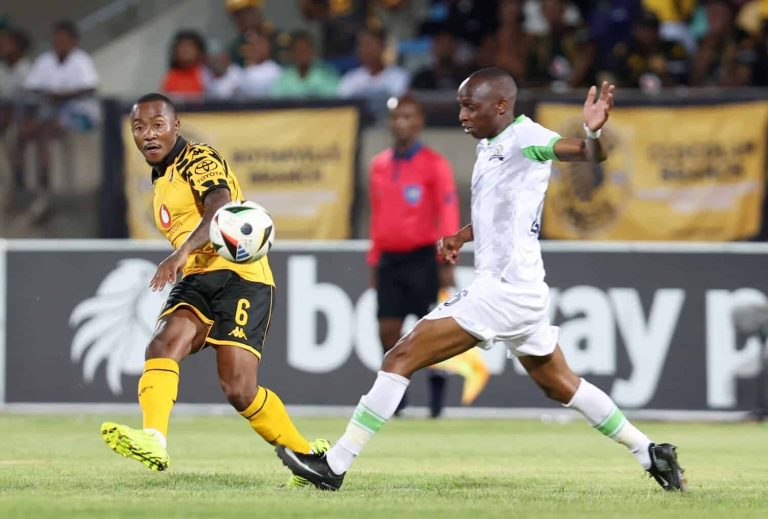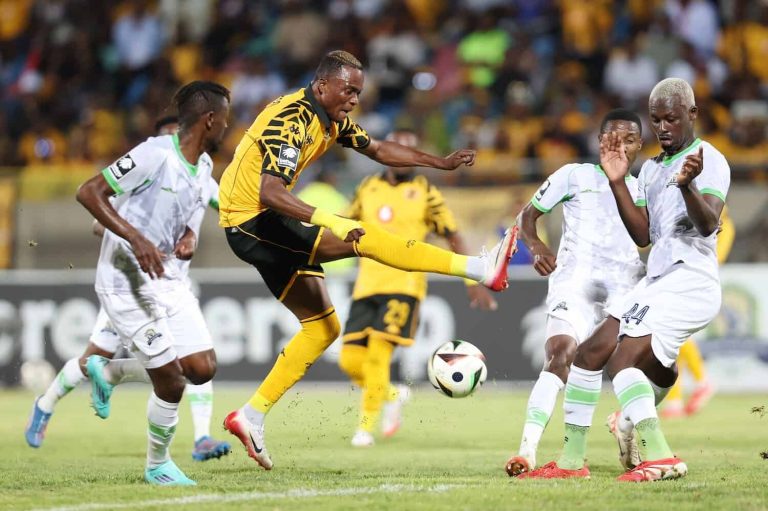
After a significant delay spanning nearly eleven years on remand, the highly anticipated trial of suspected Allied Democratic Forces (ADF) commander Jamilu Mukulu finally commenced on Monday at the International Crimes Division (ICD) of the High court in Kampala.
Mukulu is the principal defendant among 37 individuals accused of terrorism and a string of grave charges, including murder, aggravated robbery, and terrorism.
The indictment alleges that between 2011 and 2014, Mukulu and his co-accused acquired firearms, underwent military training abroad, and secured funding to pursue political, religious, and social motives through violence.
Specific charges facing Mukulu include the high-profile murders of prominent Muslim clerics Sheikh Yunus Abubaker Mandanga and Sheikh Dakitoor Muwaya (a top Shia religious leader).
The group is also accused of a deadly attack on Bugiri police station that resulted in the deaths of officers Karim Tenywa and Muzamir Babale. The charges against the group date back as far as the 1998 ADF attack on Kichwamba Technical Institute, where over 80 students were killed.
While some of the initially accused persons have since pleaded guilty and been sentenced, the substantive hearing for the core group had not taken place since they were committed to trial in September 2019.
Initial testimony
The proceedings were held under stringent security measures, with the courtroom and its environs, extending to the Sheraton Hotel roundabout, sealed off by armed police and Counter-Terrorism personnel.
A four-judge panel, comprising justices Michael Elubu, Dr Andrew Bashaija, Susan Okalany, and Stephen Mubiru, presided over the start of the trial. The prosecution, represented by chief state Attorney Richard Birivumbuka and assistant director of public prosecutions Thomas Jatiko, presented its first witness, Vincent Ekweny.
Ekweny, a gold miner and peasant farmer from Namavundu, Namayingo district, provided emotional testimony centering on the killing of his uncle, Tito Okwale, the Buyinja sub-county LC III chairperson, in February 2015.
The court heard Ekweny’s detailed recollection of February 1, 2015. After spending the day mining gold with his uncle, the two men returned to Okwale’s home around 6:00 p.m. As they settled in, with Ekweny on the veranda, Okwale proceeded to sit on a neighbour’s veranda nearby to eat a jackfruit.
It was at this time that Ekweny noted a motorcycle carrying three men slowly pass through the compound on a small feeder road. Ekweny noted the motorcycle had no number plate and its headlamp was on full beam, though the bright moonlight allowed him to observe the events clearly.
The motorcycle soon returned with only two men. The passenger jumped off and advanced directly toward Ekweny, pausing very close to him for approximately two minutes, allowing Ekweny to study his appearance.
Ekweny described the assailant as small-bodied, dark-skinned, and wearing a long jacket that reached his feet. The assailant then turned to Okwale and, without hesitation, shot him where he sat.
Ekweny recalled his uncle collapsing and uttering a final gasp of “ahh” before the attacker turned back toward him. Fearing an execution-style killing, Ekweny ran inside the house.
The gunman returned briefly to fire additional shots at the body before fleeing with the waiting rider down a slope. Ekweny recounted that the deceased later lost his eyesight due to the gunshot wounds.
He further told the judges that police, who eventually arrived at the scene, were chased away by angry residents who accused them of responding too late.
Ekweny testified that he was later summoned to the Nalufenya police facility to identify suspects. During the identification parade, he instantly recognized the gunman. Breaking down in tears in the fully packed courtroom, Ekweny passionately reaffirmed his initial identification, pointing directly at the man now appearing as accused number one, Ali Kabambwe (also known as Munakenya), and publicly pinning him as the killer of the local government politician.
Following the dramatic testimony, defense lawyer Caleb Alaka requested an adjournment, citing the need for extensive preparation for cross-examination and noting that he and others in the courtroom had not had lunch. The proceedings were subsequently adjourned.



